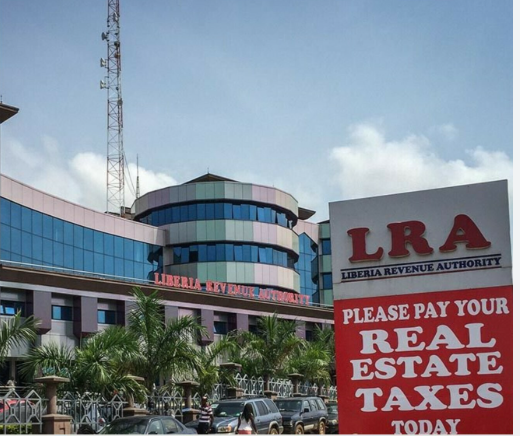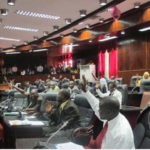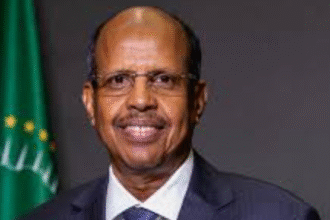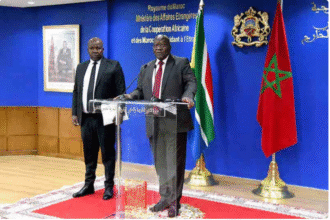By Emmanuel Sikena
Monrovia, Liberia – A bombshell compliance audit conducted by the General Auditing Commission (GAC) has uncovered the misappropriation of a staggering US$6.7 million by the Liberia Revenue Authority (LRA). The funds, earmarked for the Government of Liberia (GOL) as its share of revenue generated from the Destination Inspection Agreement with MedTech Scientific Limited, were allegedly diverted for the LRA’s own use, deepening concerns about financial accountability amidst widespread poverty.
The audit, which scrutinizes the period from July 1, 2022, to October 31, 2024, was recently submitted to the National Legislature. Its findings reveal a blatant disregard for established financial regulations, specifically the requirement to deposit the government’s 20% share of MedTech revenue into the Consolidated Fund Account.
The Destination Inspection Agreement, signed on April 21, 2021, involved the LRA, the Ministry of Finance and Development Planning, the Ministry of Justice, and other key government agencies. According to the GAC report, a Memorandum of Understanding (MOU) stipulated that all fees for services should be deposited into a designated transitory account for distribution, with a minimum balance maintained as per Ecobank Liberia’s terms.
However, the audit found that US$6,775,954.07, the government’s rightful 20% share, was never remitted to the Consolidated Fund. Instead, the LRA allegedly made direct payment requests to MedTech for disbursements in its favor, circumventing the agreed-upon process.
In its defense, the LRA claimed the Liberia Revenue Code and the Destination Inspection Agreement authorize direct collection of customs service fees for document issuance. They also cited a pending Supreme Court case involving MedTech, after which discussions would address “defects and anomalies” in the agreement. The LRA claims funds are now captured in the Fiscal Year 2025 national budget, routed through a government-created transitory account.
The GAC, however, countered that the Public Financial Management (PFM) Act of 2009 mandates that all public monies be paid in gross into designated bank accounts, prohibiting their use prior to deposit unless legally authorized. The GAC emphasized that the LRA should have remitted the Destination Inspection fees to the Consolidated Fund.
Further concerns were raised regarding the lack of transparency surrounding the handling of these funds. The GAC observed that fees generated from the Destination Inspection Agreement were not deposited into the agreed-upon transitory account at Ecobank Liberia from August 2021 to October 2024. Furthermore, details regarding the bank accounts where these funds were domiciled, including statements and other relevant documents, were reportedly unavailable for audit purposes.
The LRA, in a further attempt at justification, claimed the contractual fee structure was reversed to the BIVAC fee model due to public outcry, making the transitory account impractical. However, the GAC maintains that the agreement clearly required the holistic deposit of all fees into the transitory account.
Adding to the gravity of the situation, the GAC flagged a significant lack of documentation, including payment vouchers and procurement documents, for expenditures totaling US$1,306,051.27. These expenditures were related to transactions processed by both MedTech and the LRA.
Auditor General P. Garswa Jackson, in a formal transmittal letter, urged the National Legislature to urgently consider the report’s recommendations, underscoring the seriousness of the findings. The misappropriation of these funds, particularly in a nation grappling with poverty, raises serious questions about accountability and the effective management of public resources. Observers are now waiting to see what actions, if any, will be taken by the legislature and the executive branch to address these critical issues.









